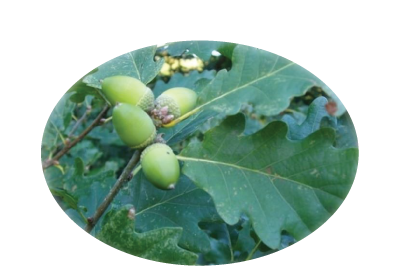History of the area
The Upper Sirhowy Valley still retains some of the scars of heavy industry. The Bargoed Coal Company sank the Abernant Colliery in 1880, and this later linked with the Llanover Colliery in Argoed sunk in 1912.
Markham grew as a settlement from 1913 following the purchase of land by the Markham Steam Coal Company and sinking of Markham Colliery in 1911; the village’s name being derived from Sir Arthur Markham, a director of the Tredegar Iron and Coal Company.
Reflecting the fluctuations of the coal mining industry, Abernant Colliery raised its last coal in 1932 and later became a pumping station to assist with the drainage of neighbouring pits, while Markham Colliery finally closed in 1985.
The valley also comprised the Bedwellty Pits (two pits and two levels), Rock Colliery (1878-1957) and Hollybush Colliery (1880-1921). Manmoel on the other hand remained relatively untouched by heavy industry; instead it still bears the features of many centuries of agricultural, ecclesiastical and monastic activities.
The area is proud of several notable milestones including Manmoel’s ancient religious importance; as the birthplace in 1832 of James James, composer of the music of ‘Hen Wlad Fy Nhadau’.
Evan James was the Innkeeper at The Ancient Druid when his son James was born. He apparently also ran a Wool Mill lower down the river (which is now long gone). In those days there was no running water, so the Inn would have obtained its water from the spring that rises just a few feet to the south of the main building (in times of drought or very heavy frost the whole village apparently used the spring).
This water is extremely clear (and very cold) and it has a beautiful taste. The spring is fed from a deep rock aquifer, the water flowing from it at the same speed and temperature week in week out, year in year out.
Ron Palmer was the Welsh Captain of the pub game Quoits. This was a very popular game in the valleys and Argoed was the venue for Wales-England quoits internationals.
Zephaniah Williams, one of the leaders of the Chartist Rising in 1839 was born at Argoed and the march poured through the area. The Rock Inn was once used as a law court.
Argoed (ar+coed)
Named originally after a local farm, the name, though literally translating as “on wood”, actually means in or on the edge of a wood or forest.
Originally, the full name was Argoed Sirhywi with records showing Argoyd Serowy 1455, Argoed Vawr 1756, Argoed 1778. It was the location of a well-known Nonconformist chapel called Craig Hargode 1781 and Argoed Meeting House 1817.
A stroll between Argoed and Hollybush
Click on the link above to see some old post cards of the area between Argoed and Hollybush.
The information was kindly provided by Councillor John Watkins.
The old post cards were taken from Ewart Smith’s book “Blackwood Yesterday – Book 6” and I am very grateful to Mr. Smith for allowing the Council to use these images.

